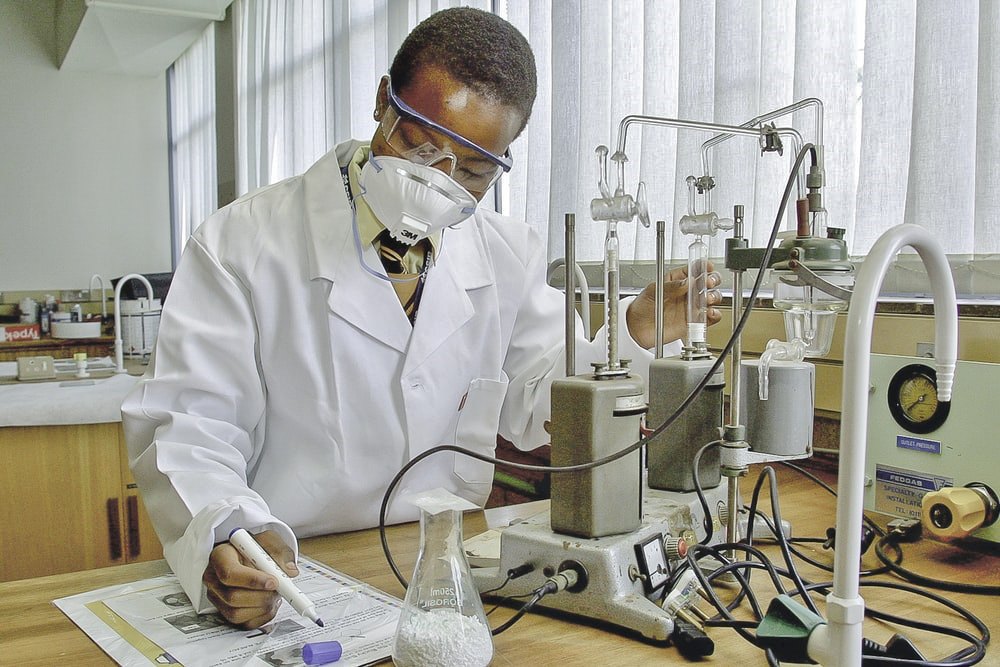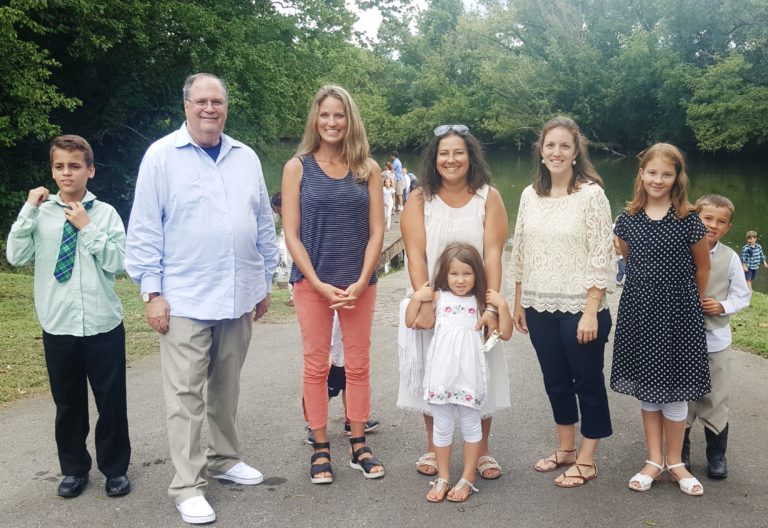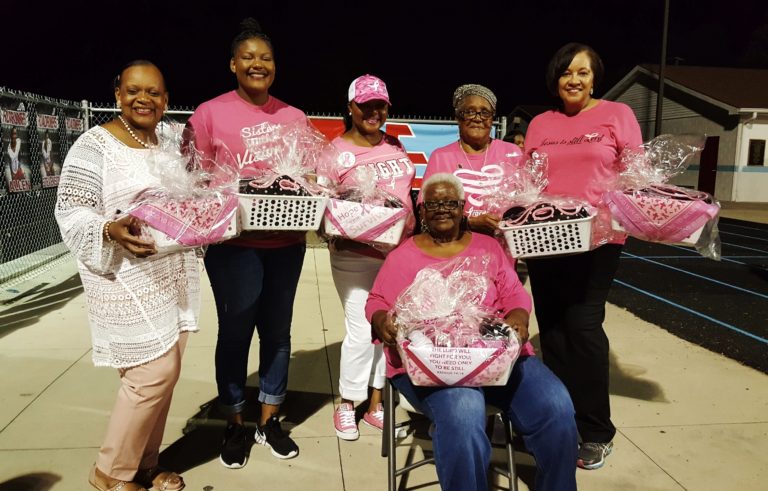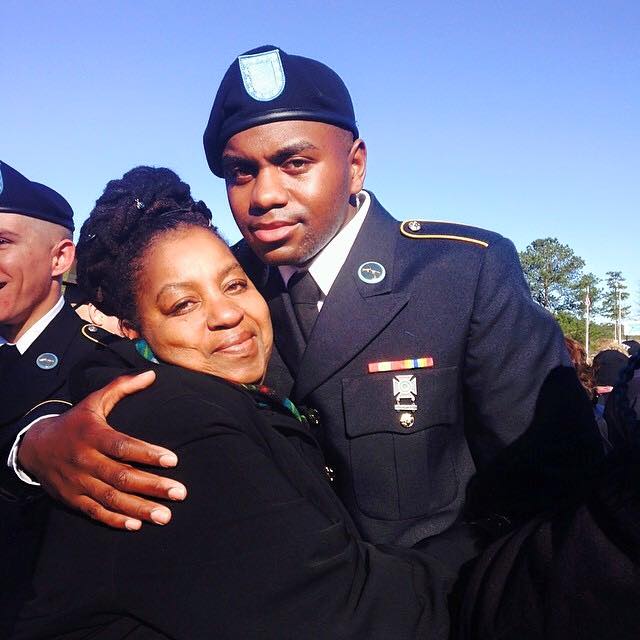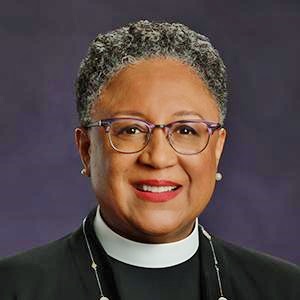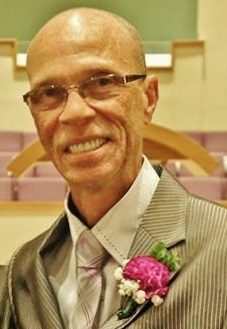COVID-19 Advice from East TN, ORAU Scientists
Oak Ridge Associated University’s social scientists separate facts from social media misinformation concerning the current COVID-19 pandemic.
Oak Ridge, TN (April 2020) – Rumors, hoaxes, and misinformation are running rampant on social media in the wake of the COVID-19 pandemic.
All of us are spending more time on screens, looking at our social media feeds and trying to keep up with the continuous stream of information about the COVID-19 pandemic. Before you repost information you find interesting, be sure to check to make sure it’s real and that you are not spreading misinformation.
You may be familiar with some of the misinformation about treatment and preventions, including:
- Keeping your throat moist will prevent the coronavirus. (False)
- Holding your breath for 10 seconds is a self-check for the illness. (False)
- Hairdryers can prevent the spread of coronavirus. (False)
- Gargling with salt water or vinegar will kill the virus. (False)
Buzzfeed has a running list of misinformation related to the pandemic. Odds are if you use social media you’ve seen some of these and maybe even reposted to your own social media pages. You’re not alone. The misinformed post about holding your breath for 10 seconds has gotten hundreds of thousands of retweets and shares.
Misinformation about the COVID-19 generally falls into three categories, according to USA TODAY:
- Fake cures or preventive measures
- Fake information on the nature of the virus
- Conspiracy theories about where the virus started
Why are we inclined to share misinformation during an event like COVID-19? Fear, especially fear of the unknown.
“People are just afraid and they don’t know what is true,” said Tiffani Conner, Ph.D., an ORAU social scientist with expertise in misinformation and social media research. “It’s the social media version of any big event that is scary or uncontrollable. In an emergency, people run to the store to get eggs, milk, bread and, in this case, toilet paper.”
Lots of toilet paper.
“People want to be able to control something. They can control what they have in their homes,” she said. And people can control the information they share on social media whether or not they stop to think about the credibility of the information.
Even the experts can get be caught off guard. There was a message that went viral about the president invoking the Stafford Act within 48-72 hours.
“My mom read this to me, saying my brother had just sent this message, then I received the same text from another person,” Conner said. According to the message Conner received, “a friend who works for the Centers for Disease Control and Prevention were just in a two-hour meeting and this quarantine is going to happen.”
Conner said she shared the information on social media only to retract the message hours later.
Similar text and social media messages circulated through networks of friends and family across the country, asking that recipients forwarded to their networks, which they did. The messages stoked already existing fears, once again sending shoppers on panic-buying sprees.
“It sounded reasonable because of the personal connection,” she said. “The message connects a personal relationship with someone from a health authority, the CDC.” In this case, the personal connection was her brother who actually has friends who work for the CDC.
The text messages and social media posts were quickly debunked by the White House and the National Security Council.
Working from home and spending more time in isolation during the national crisis only exacerbates the problem.
“Humans are social creatures, and right now we’re all on edge,” she said. “We get information so fast that there is no time to think about whether something may be misinformation or even talk to someone else about it.”
But taking a step back and thinking about what we’re reading before sharing it is exactly what Conner says we all should be doing.
Conner recommends the following sources for determining whether news or information is factual:
- Factcheck.org – a non-partisan site fact-checking political claims and debunking viral deceptions. https://www.factcheck.org/a-guide-to-our-coronavirus-coverage/
- PolitiFact.com – an independent journalism fact-checking site. This page tracks several social media posts and has a “truth-o-meter” that provides a ranking system on the relative truthfulness of a claim. https://www.politifact.com/coronavirus/
- PunditFact – a companion site run by PolitiFact focused on what “talking heads” are saying or have said. https://www.politifact.com/punditfact/
- AFP Fact Check – an international news organization and signatory on the International Fact Checkers Network, which includes fact checking from around the world in a variety of languages. https://factcheck.afp.com/
- Snopes – investigative reporting lights the way to evidence-based and contextualized analysis. Sources are documented, empowering readers to do independent research and make up their own minds. https://www.snopes.com/fact-check/
- Reuters – news and media division of Thomson Reuters, the world’s largest international multimedia news provider. https://www.reuters.com/fact-check
- AP News – the Associated Press is an independent, not-for-profit news cooperative https://apnews.com/Fact-checking
Be aware, and be informed in order to be safe.
ORAU helps the CDC to ensure that local public health systems can effectively respond to a range of public health threats.


